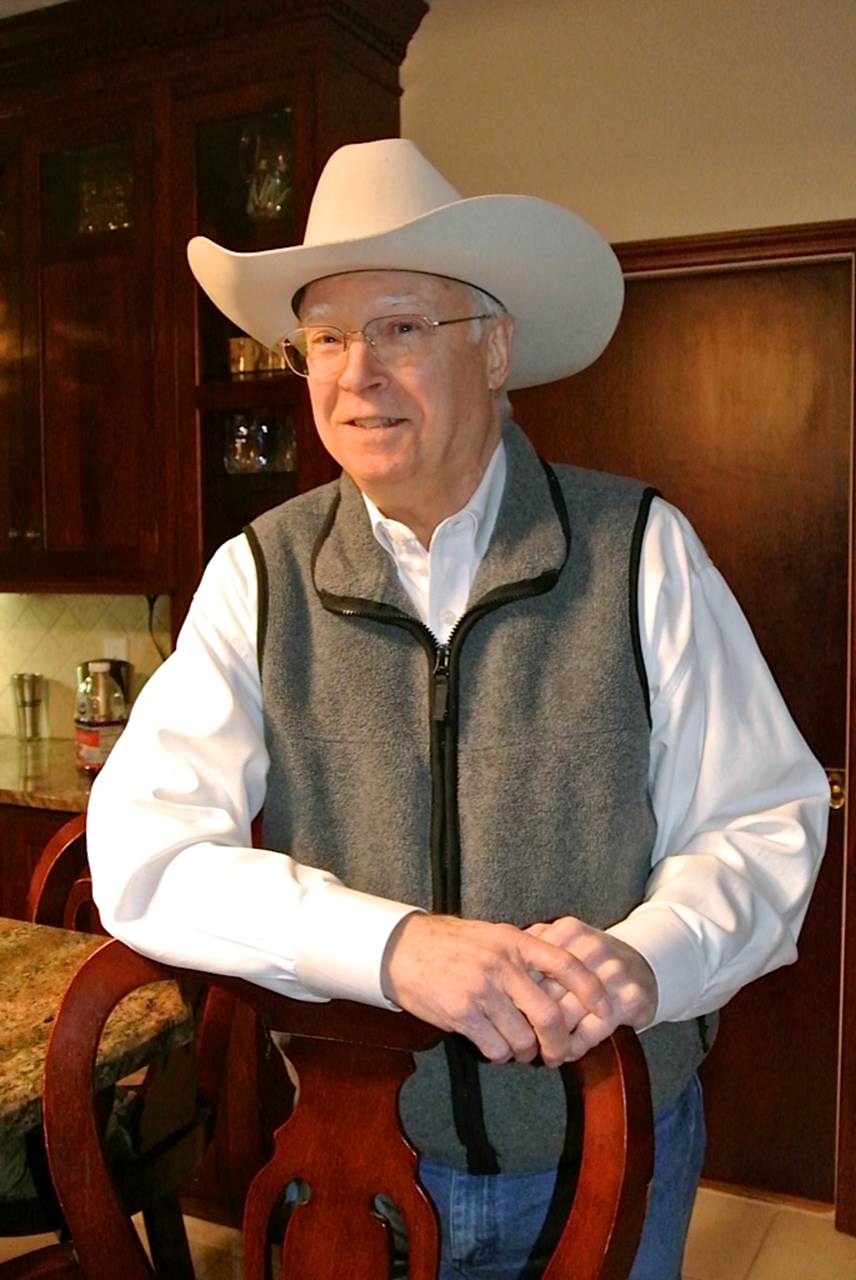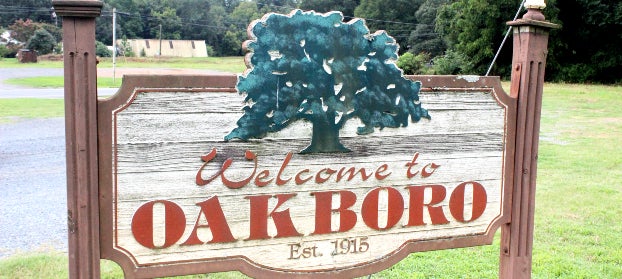Sikes will discuss his career with the United Nations and Albemarle’s influence
Published 6:03 pm Saturday, July 28, 2018

- O.J. Sikes will discuss his role with the United Nations and how he is now involved with western music during a talk Aug. 7 at First Baptist Church in Albemarle.
How did growing up in Albemarle and Stanly County in the 1950s influence a young man to spend much of his career working for the United Nations and develop in him such a love for western and big band music that some years later he would spend his retirement years sharing his collection of music with radio audiences worldwide?
To learn the answer individuals can attend the Stanly County Historical Society presentation at 6:30 p.m. Aug. 7 in the Fellowship Center behind First Baptist Church on North Second Street in downtown Albemarle.
Sikes served in the U.S. Peace Corps in Peru in the early 1960s, followed by time with the U.S. Public Health Service in South Carolina.
Then came graduate school at UNC and a job as a public health behavior specialist directing an experimental health project in a rural North Carolina community.
That job allowed him to develop ways of addressing health issues in a small rural community. One of those ways was through the school system.
At about this same time, UNESCO began a global program focusing on population change, but was having a hard time finding staff with experience who also spoke a second language.
Someone at UNESCO headquarters in Paris found a copy of a book Sikes wrote as a resource guide for teachers in the small community where he was working in North Carolina.
Since Sikes spoke Spanish, UNESCO hired him to do a consultancy in three Central American countries. In 1972, Sikes moved from a rural North Carolina town with a population of 1,000 to Paris where he joined UNESCO Headquarters. That job involved helping developing countries that were trying to set-up national school programs.
“My family and I loved Paris, but we were also eager to return to the U.S. where our children could be closer to grandparents,” Sikes said.
When offered a job at UN headquarters in New York, the Sikes family returned to the U.S. and chose to live in New Jersey where they had deer, raccoons and lots of birds in the yard instead of the skyscrapers and taxis of New York.
While in New York, Sikes worked for the UN Fund for Population Activities as head of its education office.
“In the mid-90s when the population studies took hold in many countries, the emphasis shifted to promoting education for girls, and that was my most rewarding endeavor,” Sikes said.
“Over the years, I was fortunate to work in many fascinating places, some dangerous, some scenic and some both,” he added. “I once led an international team of specialists to Peru during a cholera epidemic with national strikes and guerrillas active in many parts of the country. That is an example of an experience that’s interesting to remember but not something I would want to repeat.”
During his 30-year career with the United Nations, Sikes worked in more than 55 countries.
Since retiring in 2001, Sikes has pursued his interest in western music. According to an article in the 2017 Western Way magazine, Sikes is a music historian and nationally syndicated reviewer of western music. He is currently producer and DJ of an internationally-syndicated radio show called Western Music Time and has a library of thousands of songs.
On his show he mostly plays vintage material from the days of the Silver Screen Cowboys but also includes recent releases he feels will appeal to his audience.
Sikes also serves as a member of the Western Music Association Hall of Fame Selection Committee.
To register for Sikes’ program, call the Stanly County History Center at 704-986-3777. If you leave a message, include your name, phone number and the number in your group.
Or go to http://historicstanly.org and select the Event Registration tab. Be sure to click submit to complete the online registration.




